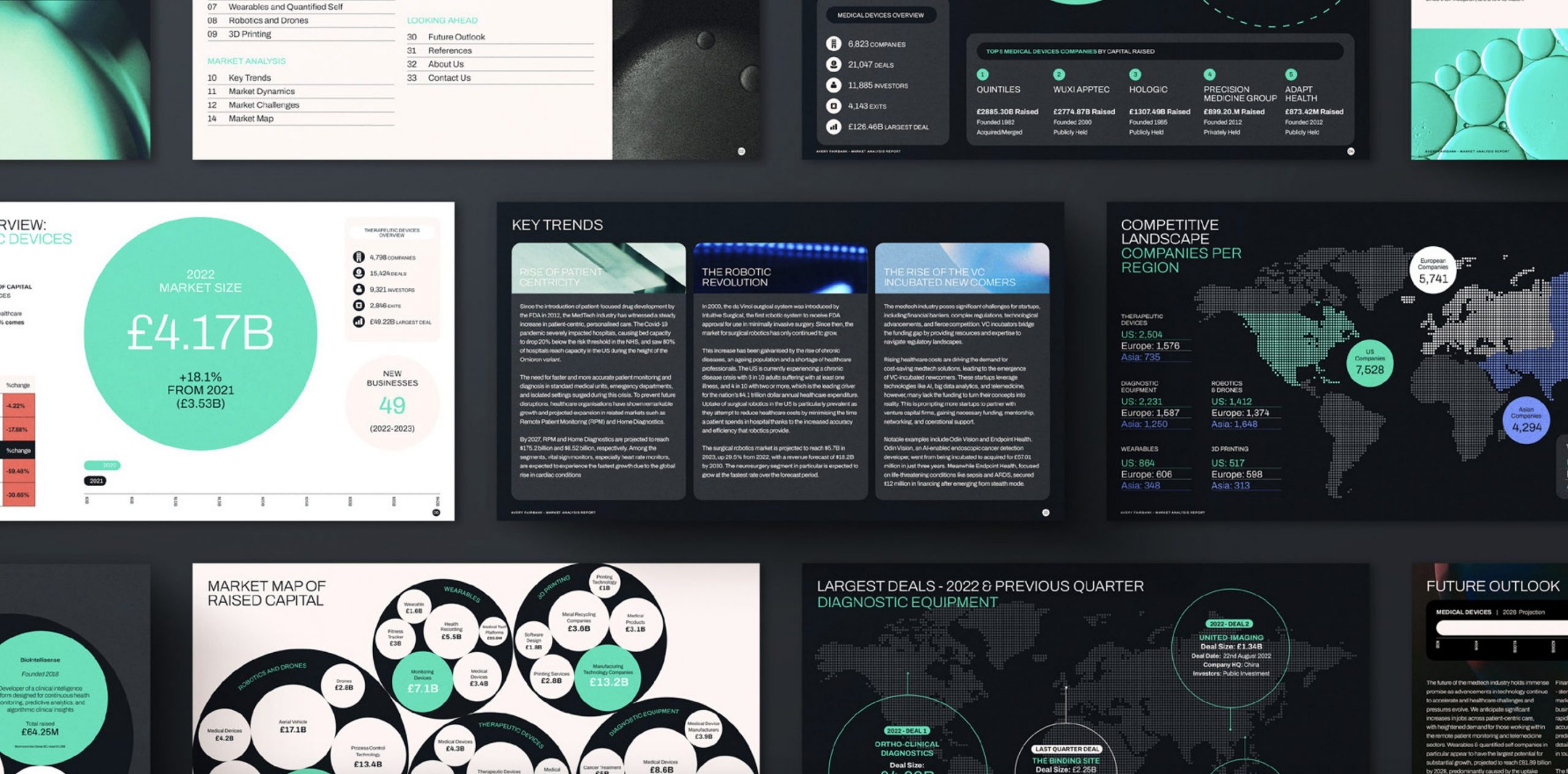September 27, 2023
Harnessing AI’s Power in Medical Workflow Enhancement
As technologies like ChatGPT and Google Bard grow in popularity, they’ve ignited a dialogue on AI’s ethical and regulatory facets. Yet, AI’s transformational promise for society is evident. Reflecting on innovations such as Uber and Airbnb, which tapped into latent assets, AI stands poised to reimagine medical tech by rectifying inefficiencies in healthcare workflows.
Let’s delve into how AI can redefine medical workflow systems.
Efficiency Through AI
AI’s prowess in analysing workflow trends helps pinpoint bottlenecks and propose solutions to bolster efficiency in medical settings. From streamlining patient appointments to optimising resources and stock, AI significantly decreases patient waiting times. In surgical contexts, AI can proactively reorder supplies and spotlight challenges like supply chain snags that might impede operations.
Case in point: Censis Technologies. Automating segments of the sterilisation procedure, notably in tracking, has optimised hospital staff’s output, allocating them to tasks of higher significance. As per Censis, users of their AI system reported a 25% drop in tray shortages in the initial half-year.
Forecasting Through Analytics
Medical workflow systems can harness machine learning to sift through patient information, spotting patterns that hint at potential health issues. This predictive approach can result in timely interventions, augmenting patient health and curtailing expenses. For instance, AI’s capacity to scrutinise medical imagery, such as X-rays or MRIs, aids radiologists in pinpointing anomalies. Additionally, AI can remotely gauge vital stats via wearables, offering holistic patient insights.
Consider Edwards Lifesciences’ HemoSphere heart catheters. Incorporating AI with their Acumen line, they aim to foresee challenges by 2028. In cardiac surgeries, swift decisions are pivotal, and AI-driven insights can be life-saving, especially when medical personnel are occupied elsewhere. Their early findings reveal a 35% cut in ventilation durations and ICU times reduced by seven hours.
Enhanced Decision-making
AI’s ability to swiftly process extensive patient data – spanning medical histories, lab outcomes, and images – empowers clinicians with invaluable insights. Such AI-driven support mechanisms assist medical professionals in diagnosing, devising treatments, and projecting patient trajectories. AI can act as a preliminary evaluator, streamlining the review process.
In dental sectors, AI’s potential to detect overlooked issues promises to heighten implant success rates while minimising complications.
Smart Automations
Routine tasks like data input, documentation, or setting up appointments can be seamlessly handled by AI. Such automations liberate medical professionals, letting them zero in on intricate patient care facets.
Voice-activated automation, for example, can transcribe spoken details into organised medical logs, ensuring precise billing and coding. This innovation promises to revamp the often-complicated billing system prevalent in US healthcare. Nexcode, among other startups, is pioneering this space, integrating natural language processing (NLP).
Bespoke Medical Approaches
AI’s role in shaping personalised patient care plans, based on unique patient profiles, is groundbreaking. With data-driven recommendations on treatments, medication dosages, and preventive strategies, AI ensures a holistic patient-care approach, reminiscent of the precision of AI stock traders.
Although AI’s integration in this space is nascent, its benefits are well-researched. Past ventures like IBM’s Watson had a mixed trajectory, underscoring the vast untapped potential in this realm. AI can notably streamline healthcare delivery, making it accessible and efficient.
Ethical AI Integration
While AI’s potential is astronomical, its integration necessitates prudence. Ensuring patient data’s accuracy and safety, while upholding ethical standards, is paramount. Even as regulations might seem limiting, they are vital safety nets for patients and society. AI’s future in the medical tech space is luminous, but it warrants meticulous and responsible progression.
Conclusion
The fusion of Artificial Intelligence with healthcare is reshaping patient care while also raising crucial questions about data security. As AI’s prominence in medicine grows, maintaining public trust becomes essential.
As a leading executive search firm in healthcare, we’re immersed in these tech-driven transformations. Our mission is to find leaders who can seamlessly navigate this AI-infused landscape, aligning expertise with organisational visions.
For more insights, visit our services page. To discuss your unique needs, don’t hesitate to contact us.

Published on 27-09-2023


